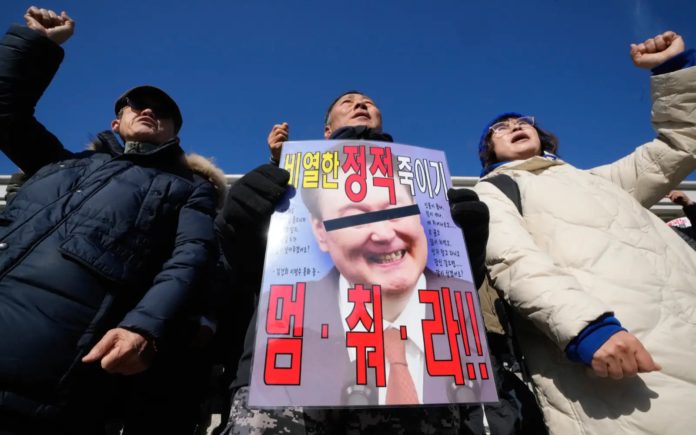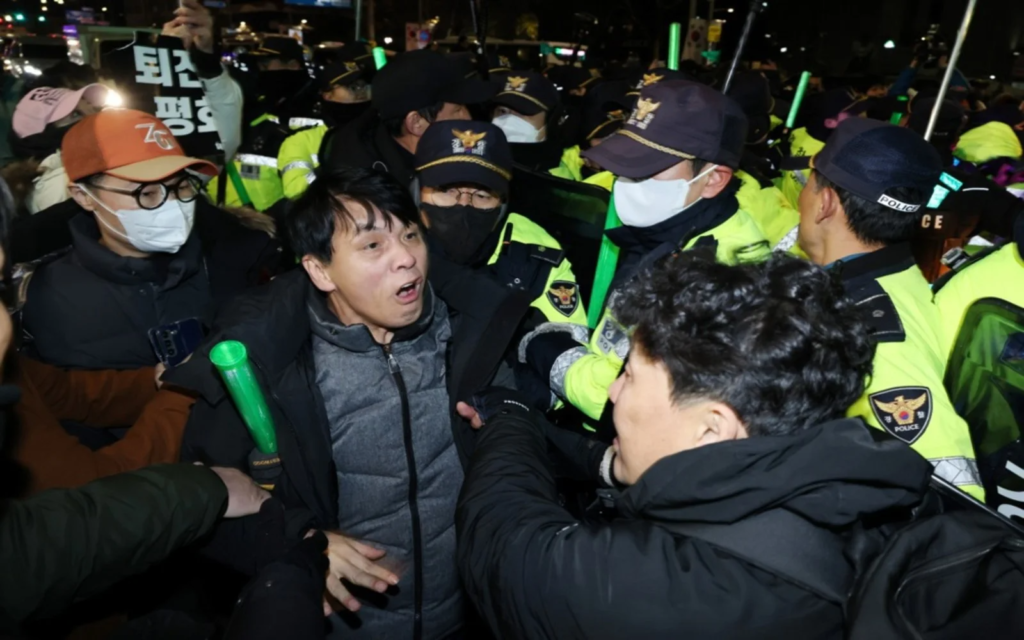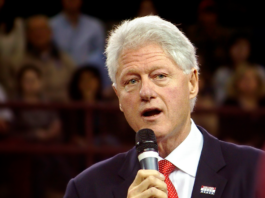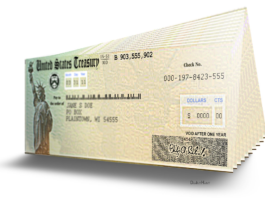
South Korea navigated political chaos after President Yoon briefly declared martial law. Learn about the backlash, public response, and its impact on democracy.
Martial Law in South Korea: A Shocking Move by President Yoon
South Korea recently faced an extraordinary political crisis when President Yoon Suk Yeol briefly declared martial law. This unexpected announcement, which came at midnight, triggered intense criticism from lawmakers and citizens alike. The decree, later revoked within hours, highlighted significant political tensions and cast a shadow over South Korea’s democratic stability.
What Prompted the Declaration?
President Yoon accused the opposition Democratic Party of undermining national stability and engaging in anti-state activities. He alleged the party, which holds a parliamentary majority, sympathized with North Korea and obstructed government initiatives, including budget proposals. Labeling their actions as “state-hostile,” Yoon declared martial law to preserve South Korea’s liberal democracy and national security.
This decree granted the government sweeping powers, including the ability to arrest individuals without warrants, ban protests, and suspend parliamentary activities. These measures quickly reminded the public of South Korea’s authoritarian past, intensifying nationwide outrage.
Public Reaction to the Martial Law Announcement
The news of martial law spread like wildfire, sparking protests across South Korea. Thousands of citizens gathered outside the National Assembly in Seoul, chanting slogans such as “Long live democracy!” and “Step down, Yoon Suk Yeol!”
The decree’s harsh measures, including restrictions on public gatherings and warrantless arrests, alarmed the public. Many feared a return to the country’s oppressive past, particularly the last instance of martial law during the 1980 Gwangju Uprising, which resulted in significant loss of life.

Faced with mounting pressure from both lawmakers and citizens, Yoon revoked the decree early Wednesday morning. However, his critics argue that the damage to public trust and South Korea’s democratic values has already been done.
Political Fallout and Accountability
The fallout from the martial law declaration has deepened political divisions in South Korea. The Democratic Party opposition called for Yoon’s immediate resignation, warning of impeachment proceedings if he declined to step down. Party leaders labeled the decree a “crime against democracy” and called for accountability.
Meanwhile, Han Dong-hoon, leader of the ruling People Power Party, issued a public apology and demanded the dismissal of the defense minister who advised the president on the decree. Han emphasized the need for transparency, stating, “This unfortunate incident demands a thorough explanation, and those accountable must be held responsible.”
Swift Parliamentary Response
The opposition-dominated National Assembly acted swiftly, convening an emergency session to counter the decree. In a decisive vote, 190 out of 300 lawmakers rejected martial law, deeming it unconstitutional and unnecessary.
Parliamentarians argued that the declaration undermined democracy and bypassed constitutional processes. Their swift action not only overturned the decree but also sent a strong message against executive overreach.
A Troubling Historical Parallel
Martial law holds a contentious place in South Korea’s history. The last declaration occurred in 1980 during the Gwangju Uprising, a nationwide pro-democracy movement brutally suppressed by the government. President Yoon’s decision to implement martial law, even briefly, rekindled painful memories of authoritarian rule.
For many citizens, the announcement was a stark reminder of the fragility of democracy and the importance of vigilance in protecting it.
Who Is President Yoon Suk Yeol?
President Yoon Suk Yeol, a conservative leader representing the People Power Party, has been at the helm since 2022. A former prosecutor with 27 years of experience, Yoon entered politics as a newcomer and narrowly won the presidency with less than a 1% margin.
Yoon has faced significant challenges during his tenure, including escalating tensions with North Korea, strained relations with China, and domestic issues such as low birth rates and economic inequality. His administration has also been marred by controversies and declining approval ratings, with critics accusing him of being out of touch with public sentiment.
Known for his hardline stance on North Korea, Yoon has emphasized military preparedness and a strong alliance with the United States. However, his domestic policies and confrontations with the opposition have fueled political instability, culminating in the recent martial law crisis.
Key Lessons for South Korea’s Democracy
The brief imposition of martial law has sparked a broader debate about the balance of power between the executive branch and parliament in South Korea. The episode underscores the importance of upholding democratic norms and ensuring that emergency powers are not misused.
As South Korea moves forward, restoring public trust will be critical. The incident has revealed vulnerabilities in the country’s political system, but it has also demonstrated the strength of its institutions in resisting authoritarianism.
Conclusion
President Yoon Suk Yeol’s declaration of martial law plunged South Korea into political turmoil, exposing deep divisions and raising questions about the nation’s democratic resilience. While the decree was swiftly overturned, its implications continue to resonate, prompting calls for greater accountability and transparency in governance.
South Korea now stands at a crossroads, grappling with the challenge of balancing strong leadership with respect for democratic principles. The path forward will require careful navigation to heal the nation’s divisions and uphold the values that define its democracy.


